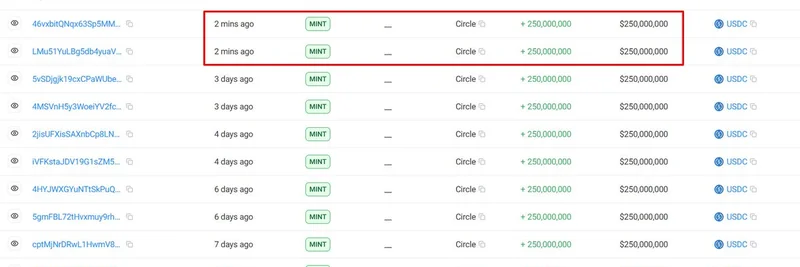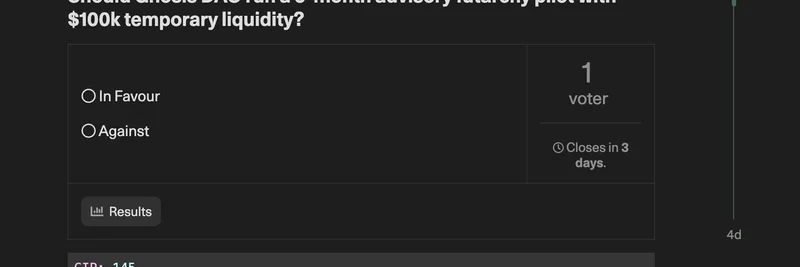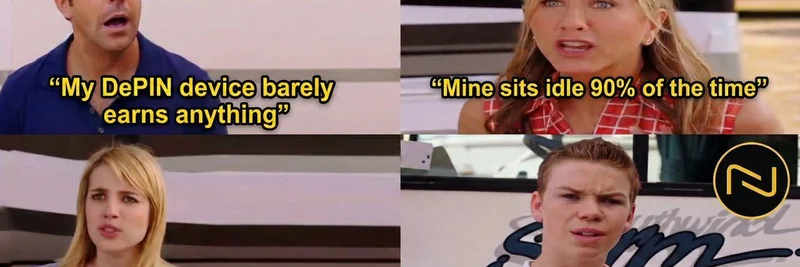The world of scientific research is undergoing a transformative shift, thanks to the innovative integration of blockchain technology. A recent tweet from Solana DeSci highlights this revolution, proposing a future where research is decentralized, open-source, and supported by a vibrant community. Let's dive into how Solana is at the forefront of this change.
The Vision of Decentralized Science
Solana DeSci's tweet encapsulates a bold vision: "Decentralized, open-source scientific research where all data is globally accessible, permissionless and verifiable on-chain." This approach aims to break down traditional barriers in scientific research, making it more transparent and inclusive. By leveraging Solana's blockchain, the proposal suggests that anyone can access and verify research data, fostering a global community of contributors.
Why Solana?
Solana's blockchain is particularly well-suited for this transformation due to its high throughput and low transaction costs. These features make it an ideal platform for handling the vast amounts of data generated in scientific research. Moreover, Solana's decentralized nature aligns perfectly with the ethos of open-source science, ensuring that no single entity can control or manipulate the data.
The Role of Community
A key aspect of this decentralized model is the community's role. Solana DeSci emphasizes that this new era of research is "supported by a real community." This means that researchers, enthusiasts, and even casual users can participate in funding, validating, and disseminating research. Such community involvement can accelerate innovation and ensure that research is aligned with public interest.
Practical Applications
This vision is not just theoretical. Solana DeSci points out that this future is "happening on @solana," indicating that practical applications are already underway. For instance, projects like Curetopia have raised significant funds through decentralized autonomous organizations (DAOs) on Solana, demonstrating the platform's potential to democratize research funding.
Challenges and Opportunities
While the promise of decentralized science is exciting, it also comes with challenges. Ensuring data integrity, managing community governance, and scaling the infrastructure are critical hurdles. However, these challenges also present opportunities for innovation. Solana's robust ecosystem, combined with the growing interest in decentralized finance (DeFi) and non-fungible tokens (NFTs), provides a fertile ground for overcoming these obstacles.
Conclusion
The integration of Solana's blockchain with decentralized science represents a paradigm shift in how we conduct and share research. By making data globally accessible and verifiable, and by fostering a supportive community, this model has the potential to revolutionize scientific discovery. As we move forward, staying updated with developments on Solana and engaging with the community will be crucial for anyone interested in the future of research.
For more insights into how blockchain is shaping the world of memes and beyond, visit Meme Insider. Stay tuned for more updates on the intersection of technology and innovation.



